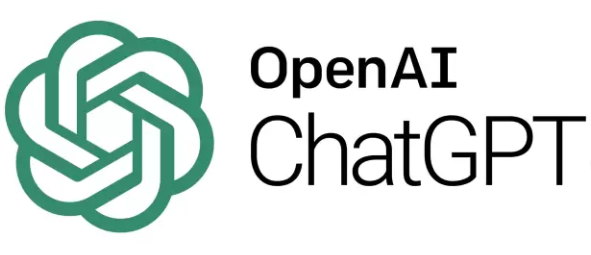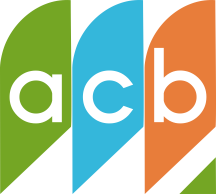
ChatGPT is an advanced AI technology designed to mimic human-like communication through natural language processing. Developed by OpenAI, it is based on the GPT-3.5 architecture, which has a massive 175 billion parameters, making it one of the most powerful language models ever created.
The primary goal of ChatGPT is to create a more natural and efficient way for humans to interact with machines. With ChatGPT, users can communicate with machines in the same way they would with another human being. This has huge implications for a variety of industries, including customer service, healthcare, education, and even entertainment.
One of the most significant advantages of ChatGPT is its ability to understand and respond to natural language queries. Unlike traditional chatbots, which rely on rigid scripts and predefined responses, ChatGPT uses advanced algorithms to generate responses in real-time based on the context of the conversation. This means that ChatGPT can handle complex queries and provide personalized responses that are tailored to each user’s unique needs.
Another key feature of ChatGPT is its ability to learn from user interactions. With each conversation, ChatGPT becomes more adept at understanding and responding to user queries, allowing it to provide increasingly accurate and relevant information over time. This makes ChatGPT an excellent tool for businesses looking to provide personalized customer service, as it can quickly adapt to individual user preferences and needs.
In addition to its practical applications, ChatGPT is also being used in the entertainment industry to create more engaging and interactive experiences. For example, ChatGPT can be used to create virtual assistants or chatbots that can provide users with personalized recommendations for movies, music, or other forms of entertainment. This allows users to engage with content in a more interactive and immersive way, enhancing their overall experience.
As with any advanced technology, there are concerns about the ethical implications of ChatGPT. For example, some have raised concerns about the potential for ChatGPT to be used for malicious purposes, such as spreading misinformation or manipulating public opinion. However, proponents of the technology argue that these risks can be mitigated through careful design and implementation.
Overall, ChatGPT represents a significant step forward in the field of AI and natural language processing. By enabling more natural and efficient communication between humans and machines, it has the potential to revolutionize a wide range of industries and improve the overall quality of life for people around the world. As the technology continues to evolve, it will be exciting to see what new applications and innovations emerge.










